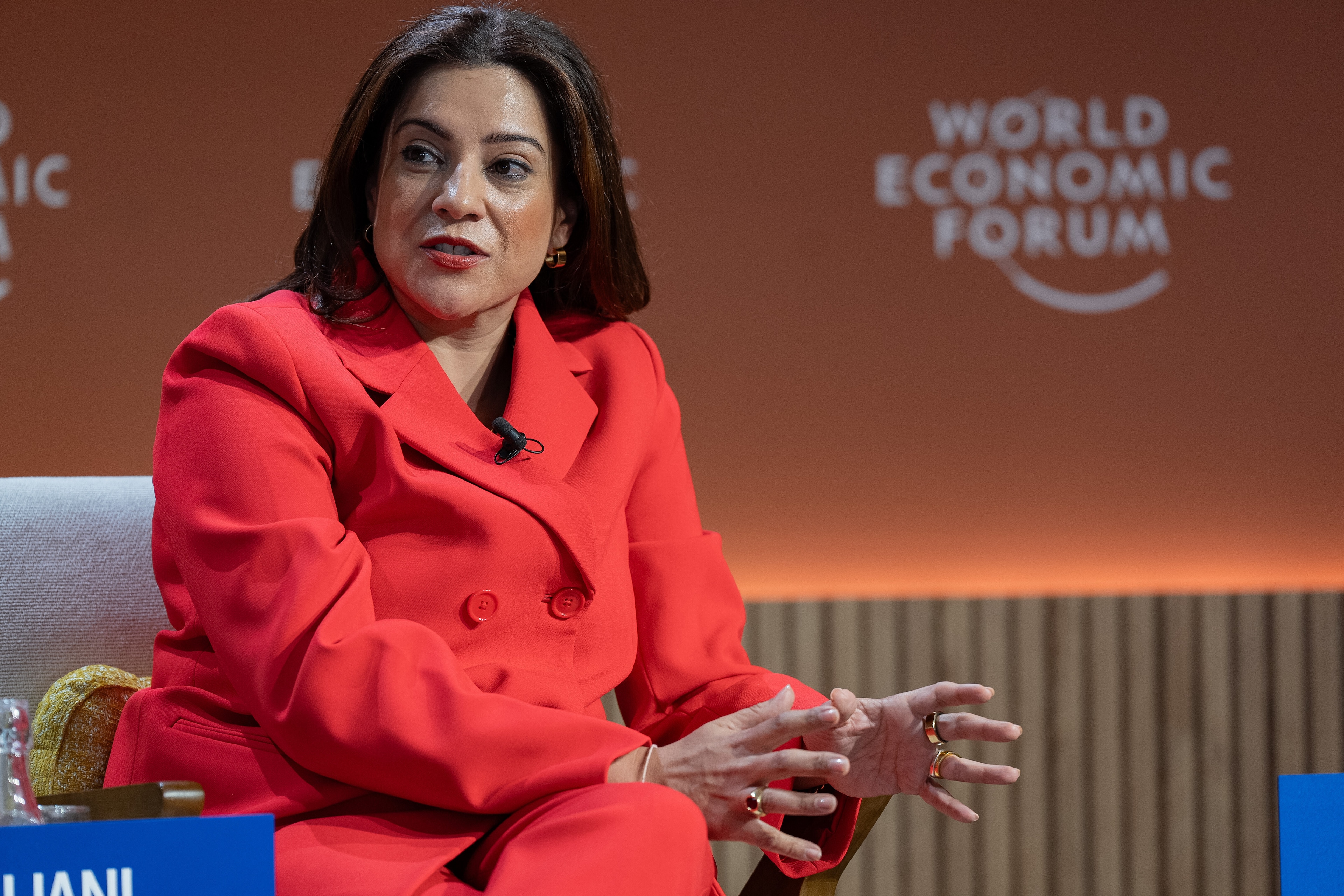How data can make our cities safer and smarter


Get involved with our crowdsourced digital platform to deliver impact at scale
Stay up to date:
Data Science
Michael Lewis’ Moneyball, The Art of Winning an Unfair Game, documents how General Manager Billy Beane and the Oakland Athletics, a team with a near league-low $40 million payroll, won over 100 games by focusing on the most valuable, not the most expensive, skills. Perhaps just as importantly, he had people on his team that bought into the philosophy with the people management skills to boot.
On 6 January 2014, Mayor Martin J. Walsh took over as the first new mayor in the city of Boston in 20 years. He set out to change how government was operated – and measured. Although the concept of Moneyball originates in baseball, its philosophy directly applies to governing.
Government, he believed, could change the way it functioned by striking a proper balance between people management, statistics and investment. Resources, by nature, are limited, but if spent wisely, can lead to results that have a real impact.
Data-driven decisions
The new mayor set out to prove this model, first building the infrastructure for its success. He spoke to employees across the city about the new mindset. He hired the city’s first ever analytics fellow. He held monthly meetings with his cabinet specifically focused on data and its progress towards key goals. He held a public hackathon to identify systematic solutions to permitting. And to track it all, he had dashboards installed in his office that allowed him to see, in real time, vital city stats, set to his initial vision developed during his campaign and initial time in office.
On an hourly basis in 2014 the mayor evaluated progress against key numerical goals and would actively discuss progress with his cabinet each time he saw an issue. The year-end results were striking: in 2014, more than 18,000 potholes were filled, a 50% increase from the previous year, and 4,000 sidewalks were repaired, a 52% increase. Meanwhile, 10,000 LED streetlights were installed, a 54% increase. And permitting? The city saw wait times to get a permit reduced by 25% and a four-month backlog of appeal hearings reduced to zero. This complemented the pre-existing data-driven culture of the police, which saw shootings fall by 14% and overall violent crime drop by 6%.
The data-fuelled strategy paid equal dividends. The new leadership of the Department of Public Works continued expanding “smart” trash cans that would allow the mayor to see in real time how full trash cans were, allowing for smarter routing and a reduction in costs. The city’s SnowCOP system – which tracks snowploughs on the road during a storm (and creates maps of areas where they have yet to hit), ensuring that every street gets the attention it needs – was improved.
While the quantitative results were impressive, perhaps more impactful was the data-driven culture that resulted from a human touch. A member of the support staff of Veteran’s Affairs became so excited when she found out the department’s calls were being measured that she encouraged her team to “beat her score” from the day before. The Mayor’s Office received requests from employees across the city to build their own dashboards so they could track data like the mayor.
People power
Externally, the mayor also developed buy-in from the residents of Boston. Anyone with a smartphone can alert the city to neighbourhood issues such as potholes, damaged signs and graffiti using the Citizens Connect app. Reports are automatically sent to the city’s work order system to be tracked and assigned to service teams, and residents can follow the status of their request through their unique tracking number online or on the app. And to boot, when a case is closed, users often see an uploaded photo of the team that did the work, emphasizing the people behind the data.
Furthermore, the mayor introduced a programme called NEW (Neighborhood Engagement Walks) Boston, a comprehensive audit of every street in every neighbourhood across the city. Representatives from the Mayor’s Office of Neighborhood Services, alongside residents, walked the 850 miles of city streets across Boston with tablets, logging every issue in an effort to assess each neighbourhood in great detail. The findings are shared in a forward-facing story map, continuing the mayor’s pledge for increased transparency and accountability in city government.
This new model of governing has statistically proven to be a success in Boston. With fewer resources available for more programmes, government must be smarter about how it functions. As Billy Beane revolutionized the way baseball players are evaluated, Mayor Walsh seeks to transform how cities utilize its data and how they assess their core mission.
Author: Daniel Arrigg Koh is Chief of Staff to the city of Boston and a Global Shaper from the Boston Hub.
Image: A woman jogs along the Charles River on an early spring evening in Boston, Massachusetts April 3, 2014. REUTERS/Brian Snyder
Don't miss any update on this topic
Create a free account and access your personalized content collection with our latest publications and analyses.
License and Republishing
World Economic Forum articles may be republished in accordance with the Creative Commons Attribution-NonCommercial-NoDerivatives 4.0 International Public License, and in accordance with our Terms of Use.
The views expressed in this article are those of the author alone and not the World Economic Forum.
The Agenda Weekly
A weekly update of the most important issues driving the global agenda
You can unsubscribe at any time using the link in our emails. For more details, review our privacy policy.
More on Emerging TechnologiesSee all
Sebastian Buckup
May 17, 2024
Andrea Willige
May 16, 2024
May Habib
May 15, 2024






